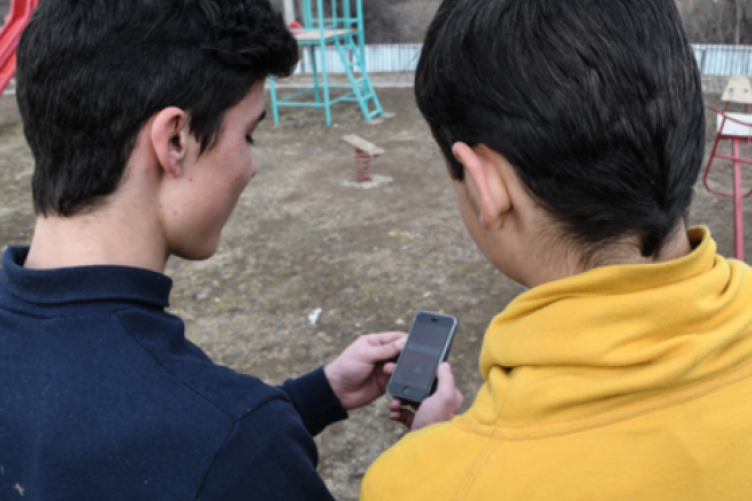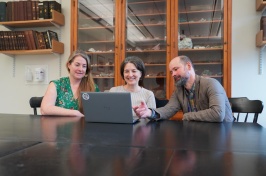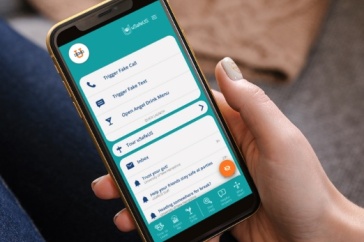
Credit: World Health Organization.
Researchers from UNH’s Crimes against Children Research Center were instrumental in a new report published by the World Health Organization (WHO) that presents ways to address the growing worldwide concern of keeping children safe online.
“Technology can be a wonderful tool but it’s important that we also make it a safe one,” says report co-author David Finkelhor, professor of sociology and director of UNH’s Crimes against Children Research Center. “This report highlights the effectiveness of implementing educational programs designed for children and parents to help reduce the levels of online victimization. Safety online can be addressed in the same way we address the wide variety of childhood risks such as delinquency, substance use, bullying and risky sexual behavior.”
“Technology can be a wonderful tool but it’s important that we also make it a safe one.”
The report, What works to prevent online violence against children, was compiled and co-authored by researchers at UNH, the WHO and Queensland University of Technology. In addition to Finkelhor, UNH researchers Lisa Jones, research associate professor of psychology, and Eugenia Opuda, assistant professor and health and human services librarian, were leading contributors to the report.
The report highlights features that make school-based educational programs successful, such as having multiple sessions, interaction among youth and the engagement of parents. It also underscores the importance of training youth in specific life skills such as assertiveness, empathy, problem-solving and emotion management. The authors say educational programs are more successful when they use multiple and varied delivery formats such as videos, games, posters, infographics and guided discussions.
The report cites evidence that comprehensive forms of sex education can reduce physical and sexual aggression, in particular dating and partner violence and homophobic bullying.
“There is a lot of valuable scientific information that hasn’t yet been fully incorporated into the design of prevention strategies for online safety,” says Finkelhor. “This report should make those insights more available to program developers.”
-
Written By:
Robbin Ray ’82 | UNH Marketing | robbin.ray@unh.edu | 603-862-4864





















































